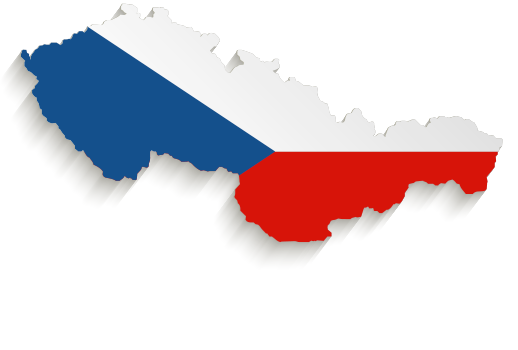(Grant Agreement n. 669194)
In the purge following the suppression of the Prague Spring, a series of committee hearings at all levels in the hierarchies of public organisations, enterprises and agencies led to the firing of 30% of party members. After 1969, the party was dominated by moderate forces, which were guarded by more conservative members of the Presidium of the Central Committee who were in personal contact with Soviet leaders and were regularly reporting to Moscow on the development and behaviour of the party and state leaders in Czechoslovakia. Decisions regarding international relations, foreign trade and business interests were carefully orchestrated at the level of the Presidium and coordinated by the International Department of the party’s Central Committee. The senior party members who fortified their position after the purges identified themselves as centrists or conservatives and Soviet loyalists. Gustáv Husák, the new First Secretary from April 1969, was selected by the Soviet Union as an acceptable leader. He had a moral integrity in the eyes of the population due to past difficulties caused by the Stalinist trials in the 1950s and was capable of finding common ground between liberals and conservatives. Husák was able to control the party purges and protected experts who became of vital importance in shaping Czechoslovak policies towards the West and the European Economic Community (EEC), like Federal Prime Minister Lubomír Štrougal. The conservative element in the Party leadership ensured that the national economy came back under the full control of the party and the state. The so-called economic consolidation lasted until the mid-1970s. Forces within the Party which were progressive in their ideas regarding opening towards the EEC were only able to proceed after the economic consolidation process had been finished in 1975-1976. In the Central Committee, the leaders of the Department of International Relations, Pavel Auersperg and Antonín Vavruš, were responsible for articulating the narrative for Czechoslovak diplomats and businessmen who were dealing with the EEC institutions. At the same time, Secretary of the Party Central Committee Vasil Biľak, a powerful authority among the conservatives in the Party, attempted to guard the pro-Soviet line. Therefore, none of the authorities responsible dared to handle communication with the EEC individually. Quite the opposite: the party line towards the EEC always followed the Soviet lead. But although this was the paradigm advocated by the Department of International Relations, party members who had diplomatic and government positions were somewhat pragmatic and open towards more contacts with the EEC.
* This text summarises some of the research findings of PanEur1970s team member Pavel Szobi, which are published as a chapter in PanEur1970s’ academic edited book. For a link to the e-book, please see Czechoslovakia’s “Overview” webpage of this map.
|
Informace pro soudruha ministra k dopisu ministra zahraničního obchodu s. ing. Barčáka
AMZV, f. TO Belgie 1970-1974 | box 1, 1974
Information includes worries of the Party regarding individual actions of the government members and diplomatic corps towards the EEC. - Available here |
